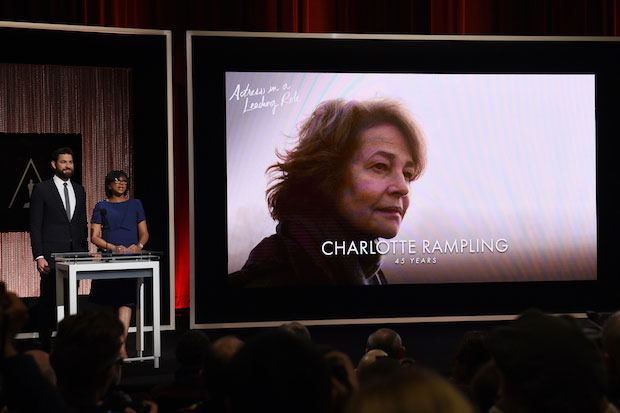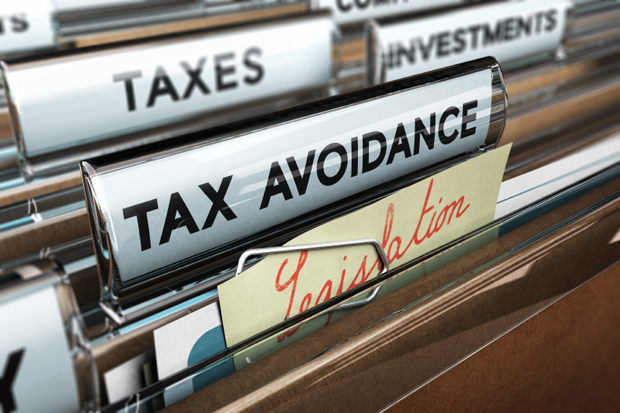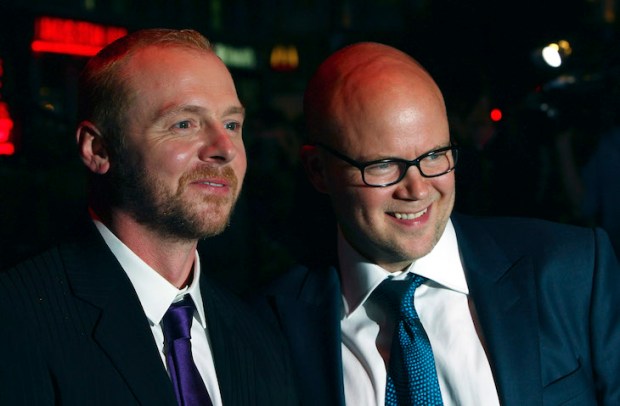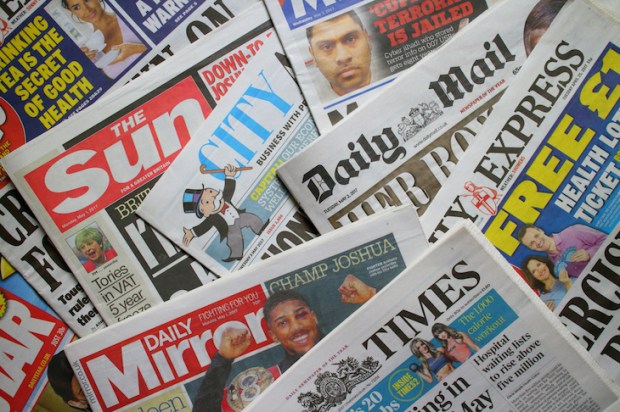Are we living in a golden age of protest? A bunch of aggrieved citizens only has to raise a murmur of protest, whether it’s about racism, sexism, homophobia, transphobia or Islamophobia, and the institution they’re targeting instantly capitulates. A case in point is the Academy of Motion Picture Arts and Sciences. No sooner had a group of prominent African-American actors and directors complained about the lack of black Oscar nominees this year — ‘whitewash!’ — than the president of the Academy announced she would be taking ‘dramatic steps’ to address the problem. The Academy will enlarge its membership to include hundreds of entertainment industry figures from diverse backgrounds.
To date, the only note of dissent has been sounded by Best Actress nominee Charlotte Rampling, who complained that the uproar over this year’s nominees was ‘racist to white people’. Not that outrageous a comment. After all, if you’re claiming that the only reason this year’s acting nominees are all white is because of racial bias and not because they’ve actually given the best performances, that is kinda racist. Certainly, if Jeremy Clarkson claimed a black actor had only been nominated for reasons of political correctness, the same figures who’ve been complaining about the whitewash — Spike Lee, Jada Pinkett Smith — would be the first to denounce him as racist. Yet Rampling has been forced to produce a grovelling recantation, abasing herself at the feet of the professionally outraged Twitterati and begging for forgiveness. Her chances of winning an Oscar this year are now zero.
More or less everyone else has accepted that the Academy is guilty as charged, but on what grounds? The difficulty is that there are no objective criteria you can appeal to when deciding whether the absence of black nominees is fair or not. Should Idris Elba have been nominated for his performance in Beasts of No Nation? That’s an entirely subjective question. Had I been a member of the Academy, I would have nominated Elba and ignored the finger-wagging environmentalist Leonardo DiCaprio, but I’m not so certain I’m right that I would accuse anyone who makes the opposite choice of racism. There is no right and wrong answer when it comes to matters of taste.
One way of assessing the accusation more objectively is to take more than one year into account, allowing for the fact that 2016 might be an outlier. And if you look at the number of black actors nominated for Academy Awards since 2000, it’s 10 per cent. Bearing in mind that African-Americans make up 12.6 per cent of the US population, that suggests there isn’t much bias. If anything, the bias is the other way. According to a study by the Economist, 9 per cent of the top roles in the highest-grossing films of 2000 to 2013 — the kind of roles that might lead to Oscar nominations — went to black actors. On that basis, it looks as though African-American actors are punching slightly above their weight when it comes to nominations.
Ironically, a big reason black actors don’t receive more recognition is because of politically correct casting. I remember buttonholing the late Alan Rickman at a party and asking whether it bothered him that he was only ever cast as the villain in Holly-wood movies — in Die Hard, for instance. Absolutely not, he said, and went on to explain that it’s much more challenging to play those roles because bad people are more interesting. As an actor, it stretches you in a way that playing a steely-eyed leading man never could. That’s why actors cast as villains are so often nominated for Oscars — a case in point being Tom Hardy, who’s been nominated this year for playing the baddie in The Revenant. (Idris Elba also played a villain in Beasts of No Nation and he’s been nominated for a Bafta, if not an Oscar.)
Unfortunately, African-American actors are rarely cast as psychopaths or murderers, presumably because directors don’t want to be vulnerable to charges of racial stereotyping. In Die Hard, for instance, the only African-American among the terrorists is a computer nerd. The black techie has become almost as big a cliché in Hollywood movies as the black judge — heaven forbid that black actors should be cast in less cerebral roles. But playing a brainiac in a supporting role isn’t going to get you nominated for an Oscar. Paradoxically, if Hollywood filmmakers were less anxious about being accused of racism, members of the Academy would be in a position to honour more black actors.
Got something to add? Join the discussion and comment below.
Get 10 issues for just $10
Subscribe to The Spectator Australia today for the next 10 magazine issues, plus full online access, for just $10.
Toby Young is associate editor of The Spectator
You might disagree with half of it, but you’ll enjoy reading all of it. Try your first month for free, then just $2 a week for the remainder of your first year.















Comments
Don't miss out
Join the conversation with other Spectator Australia readers. Subscribe to leave a comment.
SUBSCRIBEAlready a subscriber? Log in